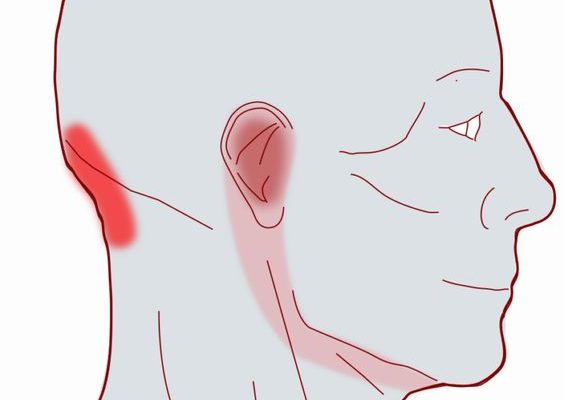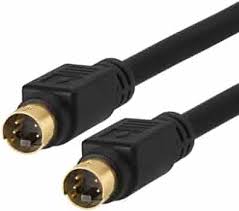3 Ways to Relieve Ear Infection Pain

Introduction:
Ear infections can be a painful and frustrating experience, causing discomfort, difficulty in hearing, and sometimes fever. The pain is usually a result of inflammation in the middle ear, often caused by bacterial or viral infections. While it’s essential to consult a medical professional for appropriate treatment, there are also some simple and effective ways to alleviate pain during the healing process.
1. Over-the-counter pain relievers:
Pain relievers like ibuprofen and acetaminophen can help manage ear infection pain and reduce inflammation. These medications are readily available over-the-counter (OTC) at any local pharmacy. Always be sure to follow the recommended dosage instructions on the label and consult your doctor if you have any questions or concerns about using these medications. And remember, it’s important to avoid giving aspirin to children under 12 years of age.
2. Warm or cold compresses:
Applying heat or cold to the affected ear can help relieve pain and swelling associated with middle ear infections. To use a warm compress, soak a soft cloth in warm water, wring out the excess water, and then gently place it against the affected ear for about 10-15 minutes a few times per day. Cold compresses can also be useful for some individuals; use an ice pack wrapped in a thin cloth or towel for 10-15 minutes at a time. It is essential to avoid applying direct heat or cold to the skin for not causing injury or burns.
3. Elevate your head while sleeping:
Sleeping with your head elevated can help reduce pressure and inflammation in the Eustachian tubes (the tubes connecting your middle ear to the back of your throat), thus easing pain caused by an ear infection. To achieve this, support your head with extra pillows or sleep on a recliner chair if possible.
Conclusion:
Experiencing an ear infection can be painful, but there are ways to help alleviate discomfort at home. While following your doctor’s advice and prescribed medical treatments, employing these simple methods can aid in managing pain and swelling. However, if the pain persists or worsens, it’s important to consult your healthcare professional to ensure proper treatment and avoid potential complications.





